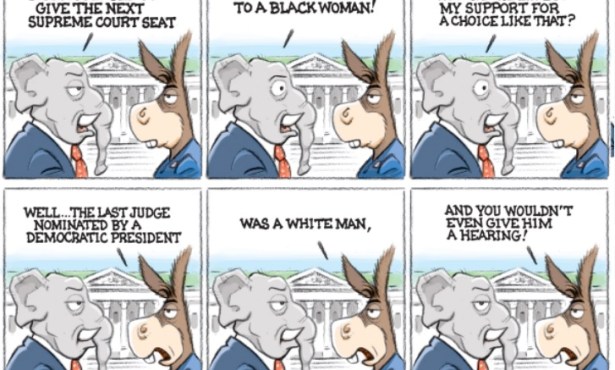Another American Genocide
Part One, The Caribou
In a past life I was fortunate enough to have two memorable professional encounters with Native Americans: working with the Gwich’in in Alaska to save the Arctic National Wildlife Refuge (ANWR) from oil drilling; and serving as the environmental director for the Eight Northern Indian Pueblos Council of New Mexico. In both instances I was able to understand that our First Nations have a profound, integrated relationship with nature, and that they are still being abused by the federal government. This abuse is now being acted out in Alaska against the Gwich’in in relationship to ANWR and the Trump Administration’s threat to the caribou, and the Yup’ik and Dena’ina in Bristol Bay in relationship to the Administration’s threat to the salmon. Part 1 of this series focuses on the Gwich’in, Part 2 on the Yup’ik and Dena’ina.
For most Americans ANWR, the wilderness, is an abstraction which those of us who understand the importance of preserving wilderness want to protect from industrial development. However, until you actually see a muskoxen herd circle in defense of its young or the masses of caribou which make up the Porcupine Herd, the largest in the world (between 120,000 and 200,000), it’s hard to visualize the vastness and splendor of this last American truly functioning wilderness (19,286,722 acres). And, in advocating to preserve ANWR most of us do not focus on the fact that oil development in that wilderness would bring about yet another Native American genocide.
For millennia (at least 20,000 years), the Gwich’in have occupied the southern slopes of the Brooks Range in Alaska’s Arctic National Wildlife Refuge. Gwich’in means “people of the caribou.” They rely on ANWR’s vast herds of caribou for a major part of their economic and spiritual sustenance. They believe that every caribou has a bit of human heart; and every human has a bit of caribou heart. They, like the plains Indians before them who experienced genocide brought about in large part by the destruction of the buffalo herds, are now facing the same existential threat from the Trump Administration’s unnecessary desire to open some 400,000 acres in ANWR to oil drilling this year.
In the sane world, before Trump, we were firmly committed to an energy future based on the reduction of greenhouse gas emissions (GHGs), renewables and energy conservation. In Trump the oil industry has found a climate denier champion who will, unless we stop it, promote drilling irrespective of the fact that America today, due to fracking, has turned into a net oil exporter . We don’t need a new additional massive oil field in our last remaning untouched wilderness; nor do the Gwich’in need their way of life destroyed so America can export more oil.
While it’s hard for the modern mind to comprehend that there is still, in America, a traditional life style integrated with and dependent on the survival of a vast herd of migrating herbivores; there is. Both the Porcupine Caribou Herd and the Gwich’in’s way of life would be severely threatened by an oil spill, and the industrial development (roads, pipelines and infrastructure) necessary for drilling.
Researchers already know caribou in the North West Territories spend less time than expected near existing diamond mines and that the Central Arctic Caribou shifted calving areas away from oil well concentrations. Even decades after drilling they are still avoiding areas near roads and wells. The Porcupine Herd calves on the Refuge’s coastal plain sandwiched between the Brooks Range Mountains and the Arctic Ocean. Oil and gas development, not to mention an oil spill or blow out, near this calving ground would cause severe disruptions in the herd’s reproductive patterns which could lead to the destruction of the herd. Ergo, no caribou, no Gwich’in culture; another First Nation American genocide.
There’s an extreme irony in all of this. The Trump Administrations’ #4 Climate Assessment not only emphasized the relationship between more U.S. oil drilling and increased climate change, but the negative impacts climate change is having on Native American cultures: “Climate change increasingly threatens Indigenous communities livelihoods, economies, health and cultural identities by disrupting interconnected social, physical and ecological systems.”
The United States will always be stained by the genocide of the Tribes living in the lower forty-eight. We don’t need to increase that stain in the 21st Century by destroying other Native American cultures beautifully integrated with the natural order. In truth, it’s as important to work for preserving this life style as it is to preserve ANWR, and fight for a future which moves away from fossil fuels.



